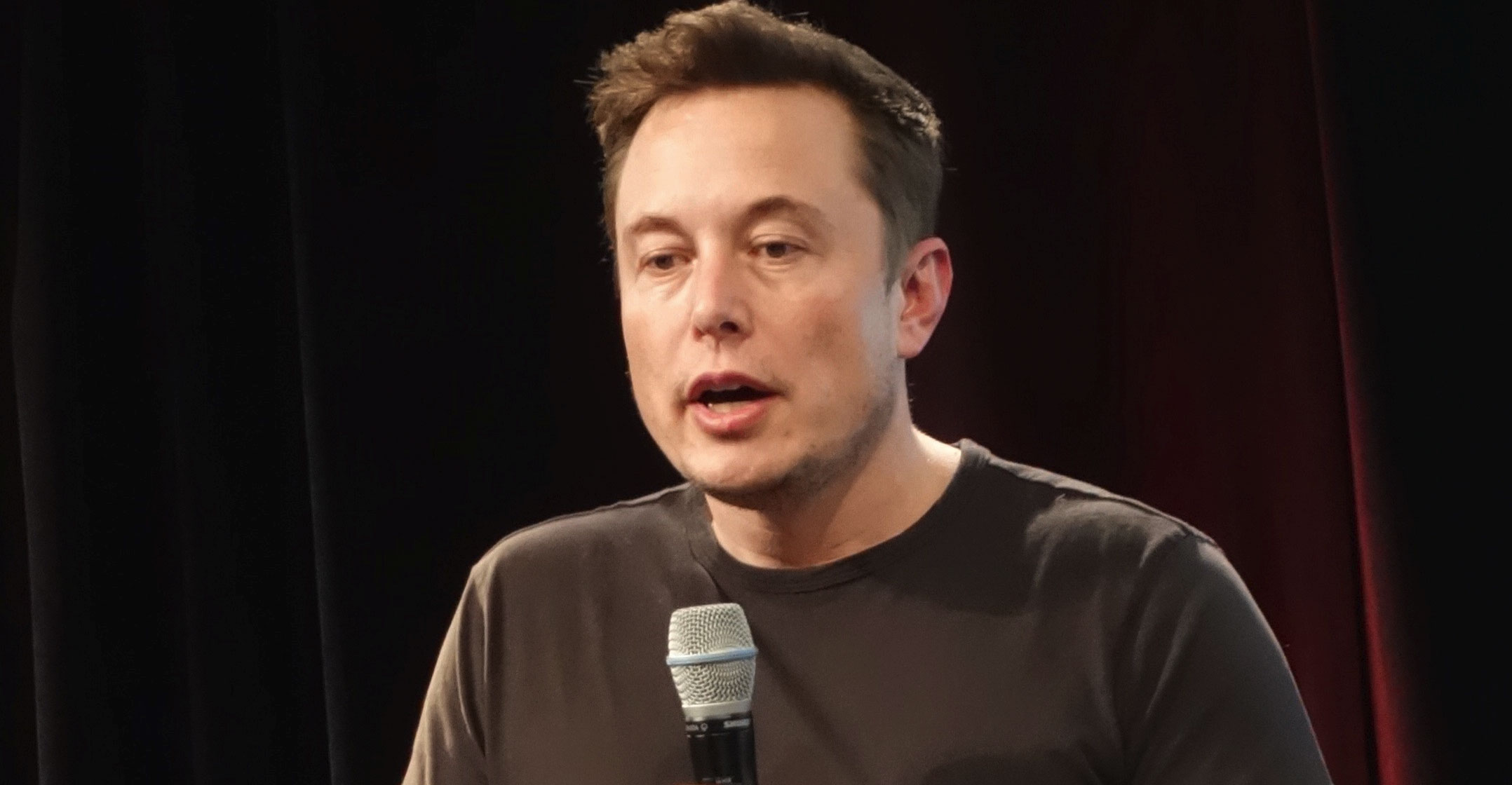
Elon Musk’s idea of creating a credibility rating site for journalists and media outlets seems wacky on the face of it. For one, the proposed name, Pravda, is cringe-making for a Soviet-born journalist like me. But not all Musk’s ideas are far-fetched. It can actually be a useful service.
Musk hates reading about his company (Tesla, not SpaceX) in the media. The ruthless discussion of production snafus and Musk’s iffy promises and forecasts, the focused coverage of deadly accidents, the less-than-perfect reviews of Tesla’s great hope, the Model 3 — none of this is nice, if you’re Musk.
Musk’s tweets from Wednesday indicate that he believes journalists sensationalise Tesla’s problems because they’re after clicks and under pressure from big advertisers, which include Tesla competitors. I won’t bother trying to prove that this is wrongheaded. But it’s true that audience size isn’t great at reflecting the quality of journalistic work. So Musk wants the audience to rate the “core truth” of every article, contributing to the writer’s and news outlet’s credibility rating.
Musk proposes somehow to make his new service “botproof” and capable of unmasking people who run bot armies, presumably in the same way the Atlantic Council’s Digital Forensic Lab has worked to reveal the activity of Russian bots and trolls. Facebook recently partnered with the lab to help stop election interference.
Of course, services for which user reviews are important haven’t quite conquered the fakes. Yelp, Amazon, Booking.com and others may use special algorithms to spot them, but it’s an arms race: artificial intelligence can now create fake reviews that are extremely hard to tell from real ones. It’s 100% certain that bots and paid trolls will romp on Musk’s new Pravda. With that name, it’ll be a badge of honour for Russian ones to subvert it; and given Musk’s motivation and his love for publications that fawn on him, I doubt he’ll do much to restrain Tesla fanboys. But if other review-based services generally serve their purpose, why not this one?
Any well-developed social credit system depends on algorithms to process the data it constantly yields about people. I could imagine the organisers of big events that attract a lot of media attention using software to deny accreditation to entire publications or specific reporters and bloggers with a low Pravda rating. One could also imagine time-challenged readers using an app that would only aggregate work from journalists and outlets with the highest credibility ratings. It’s as good a selection principle as any other for people struggling to sort through the current flood of information.
‘Social credit’
If there is something creepy about the idea, it may be the sense that Musk’s creation would be another brick in the increasingly imposing edifice of a rating-based society, a truly all-embracing social credit system like the one being implemented in China. In such a system, society rates all our interactions the way an Uber driver and their ride rate each other. If you’re an unnecessarily aggressive client in stores or, say, a bully on social networks, your rating goes down and businesses may refuse to deal with you. By this logic journalists’ “social credit” should also be tracked.
Isn’t that a sort of mob rule? In pure form, it’s a totalitarian nightmare, but it’ll never be quite pure. Individuals in our societies still like to form their own views. Think of Rotten Tomatoes, the movie and TV show rating site, which aggregates the opinions of both ordinary viewers and professional critics. The two scores often diverge widely, and both contribute to a decision whether or not to see a movie. It’s the same with restaurants: both previous customers’ experience and professional reviews and ratings are valuable inputs.
Journalists today don’t have a meaningful customer rating system. Even if they write on websites where their work can be commented upon or approved, the ratings aren’t portable or universally recognised. Musk’s name on the Pravda project could help it gain that kind of recognition.
The professional community, of course, would be free to ignore the ratings or to push back against them — by hiring journalists who do important but unpopular work, by handing out professional prizes to mavericks and contrarians, by promoting journalism that doesn’t meet with public approval in unhealthy or repressive societies. In fact, it would be ideal if, like Rotten Tomatoes, Musk’s Pravda also allowed professional journalists to rate each others’ work. Sometimes a discrepancy between the ratings might prompt readers to look at a story they otherwise wouldn’t have considered.
The more inputs there are to inform our choices, the more likely we are to satisfy ourselves by making the right ones, even if these inputs can be abused or botched by badly built tech. It’s always up to humans to adjust for bias or fix systems that don’t do a good job. Musk’s motivations might be less than noble; but he’s stumbled on a good idea. — (c) 2018 Bloomberg LP

